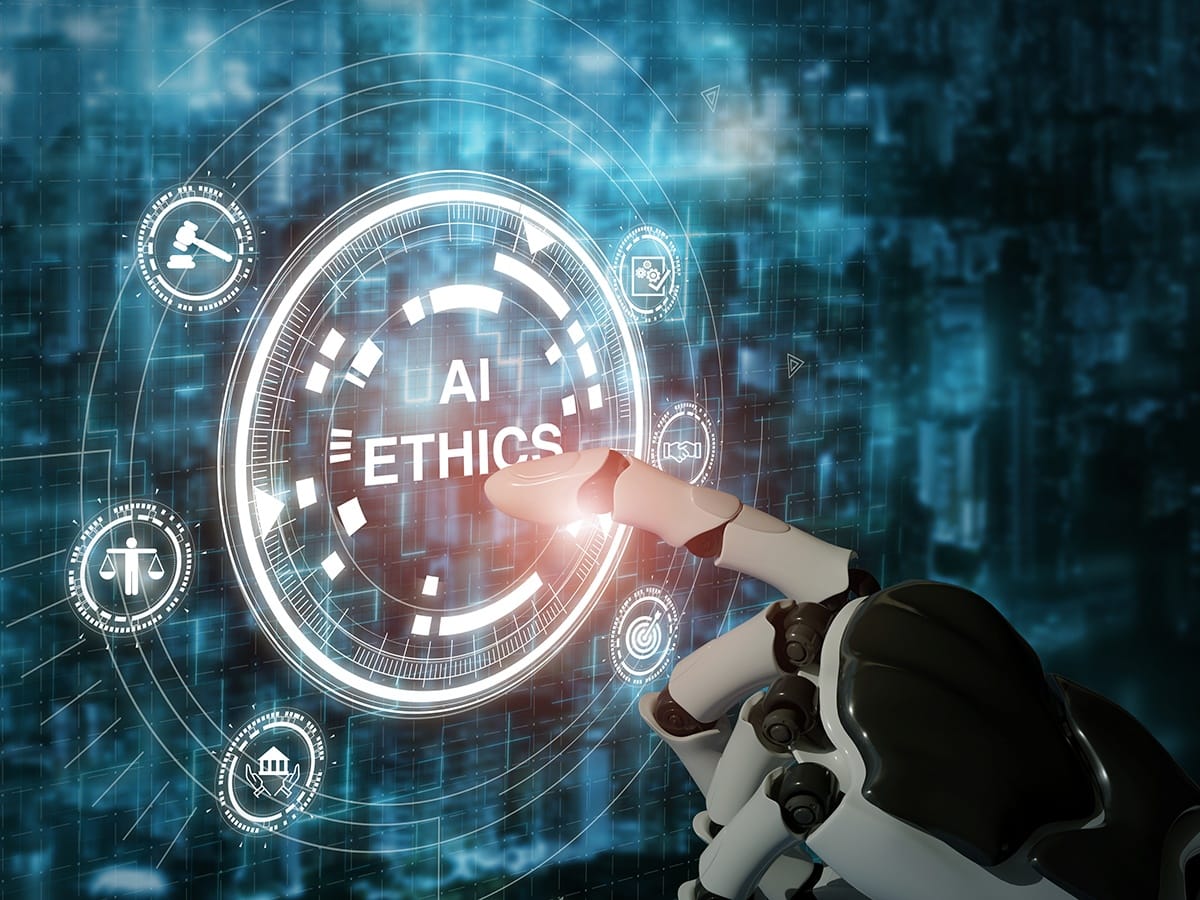In recent years, the rapid evolution of artificial intelligence (AI) has ushered in unprecedented technological advancements, transforming industries and everyday life. However, these developments have also raised significant ethical concerns that demand urgent attention. This article examines the latest trends in AI technology and the corresponding ethical challenges, highlighting key regulatory efforts, initiatives to mitigate bias, and the broader implications for society.
One of the most notable developments in AI ethics is the increasing push for regulatory frameworks to govern the use of AI technologies. The European Union has been at the forefront of this movement, proposing the Artificial Intelligence Act, which aims to establish a comprehensive legal framework for AI systems. This act categorizes AI applications based on their risk levels, with stricter regulations for high-risk applications, such as those used in healthcare, transportation, and law enforcement. The goal is to ensure that AI systems are transparent, accountable, and respect fundamental rights.
In the United States, discussions around AI regulation have gained momentum, particularly in the wake of high-profile incidents involving AI-generated misinformation and biased algorithms. The White House released a Blueprint for an AI Bill of Rights, outlining principles to guide the responsible development and use of AI technologies. This document emphasizes the importance of safety, privacy, and freedom from discrimination, reflecting a growing recognition of the need for ethical standards in AI deployment.
Another critical aspect of AI ethics is the challenge of bias in AI systems. Numerous studies have highlighted how AI algorithms can perpetuate and even exacerbate existing societal biases, particularly in areas such as hiring, criminal justice, and lending. For instance, a 2021 study by the National Institute of Standards and Technology revealed that facial recognition systems demonstrated higher error rates for individuals with darker skin tones. In response, organizations and researchers are increasingly focusing on developing bias mitigation strategies, such as diversifying training data and implementing fairness-aware algorithms.
Moreover, the ethical implications of AI extend beyond bias and regulation. The integration of AI into decision-making processes raises questions about accountability and transparency. As AI systems become more autonomous, determining who is responsible for their actions becomes increasingly complex. Experts argue that clear guidelines and frameworks are necessary to ensure accountability in AI-driven decisions, particularly in critical sectors like healthcare and finance.
The role of AI in society is also a subject of ongoing debate. While AI has the potential to drive significant advancements in fields such as medicine, education, and environmental sustainability, its deployment must be approached with caution. The World Economic Forum has highlighted the importance of inclusive AI development, advocating for the involvement of diverse stakeholders in shaping AI policies and practices. This approach aims to ensure that AI technologies benefit all segments of society rather than exacerbating existing inequalities.
In conclusion, as artificial intelligence continues to evolve, the intersection of technology and ethics will remain a focal point of discussion. Regulatory efforts, bias mitigation strategies, and a commitment to inclusive development are essential to navigating the complex ethical landscape of AI. Stakeholders, including governments, businesses, and civil society, must collaborate to establish frameworks that promote responsible AI use while harnessing its transformative potential. The future of AI will depend not only on technological advancements but also on our collective ability to address the ethical challenges it presents.



